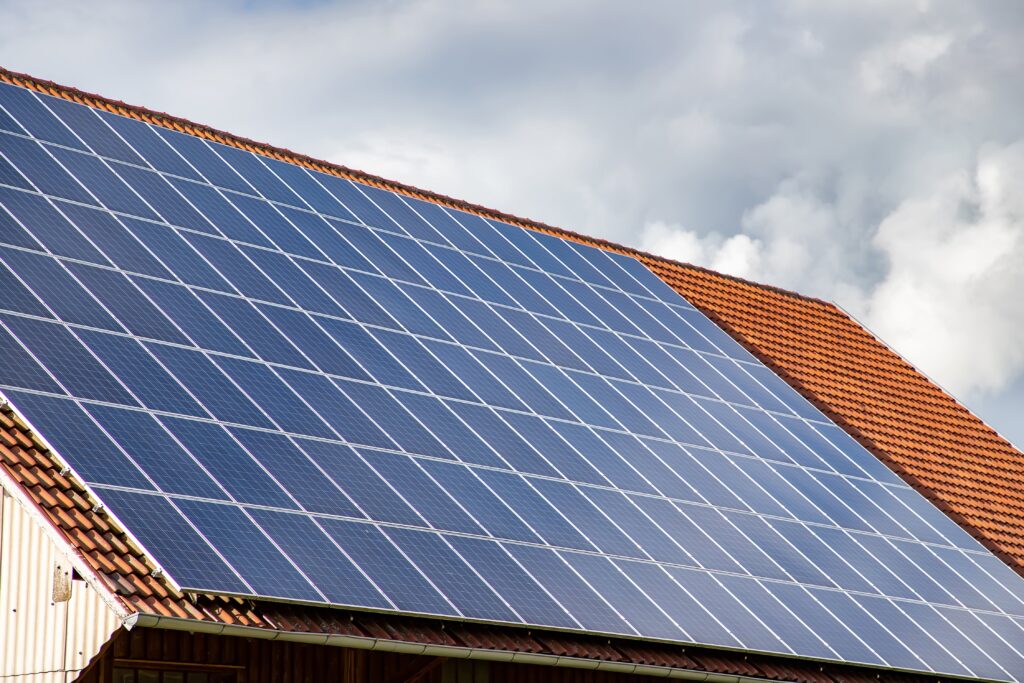Investing in renewable energy can be easier than you might imagine, thanks to more solar panel finance options being available now than ever before. Buying and having a system installed can represent a large amount of money to have to spend upfront. It is not always easy to find a larger amount of money at the very start of the process.
What Are Your Solar Panel Finance Options?
Solar panels can be a wise investment over the longer term, given the rising costs of energy. There is also the possibility of selling surplus electricity back to the National Grid under the UK government’s smart export guarantee scheme. So, how do you choose the right type of solar panel finance for you and your individual circumstances?
Cash
This one may seem obvious, but if you have got enough cash in the bank to cover purchase and installation costs, this is an easy way to sort out your solar panel finance. This is a good move if you plan to stay in your home for a few more years. This is because any capital investments like this into a property can help it maintain or even increase its market value later on when you do come to sell. Also, being able to pay for the work without having to worry about ongoing financing arrangements is both reassuring and useful for future budgeting.
Loans
Of course, not everyone has the right amount of cash sitting around, waiting to be spent on a solar panel system. Another option for your solar panel finance is to take out a loan. There are specialist solar panel and home improvement loans out there that are tailored to this exact situation. You can apply for the exact amount to cover the work and have the panels installed straight away. This solar panel finance option will help you save money on bills and maybe help you sell surplus electricity back to the National Grid. You can use this money to start paying back the loan. One thing to bear in mind is that you will be responsible for repairing and maintaining the panels, even before you can own them outright.

Leasing Arrangements
Some solar panel companies offer a leasing arrangement by which you can have the system installed, but it remains the property of a third party. This solar panel finance arrangement works for people who are not planning to stay in the same home or business premises for very long. They can benefit from utility bill savings and more sustainable energy generation without having to commit to a sizable cash investment on installation. There can be complications if you choose to sell your home while the leasing agreement is still in place. You may have to pay quite a lot to be let out of the lease early. However, this is something that you may be able to work out with the new owners if they are happy to take over the lease.
Remortgage
If you are very keen on having solar panels installed and have enough capital in your property, you may like to consider a re-mortgage. Lenders are usually happy to consider renegotiating the terms of a mortgage for home improvement projects like this. After all, solar panels can help a property increase in value, especially during a cost of living and energy crisis.Always do your research. You will need to know how a re-mortgage will impact upon your future repayment plans. You must also be able to understand your ability to meet any additional repayments in the longer term.
Whichever solar panel finance option you choose, it is vital to do your homework. Can you handle the implications of your chosen method? For example, if you up-front the cash, will this leave you short in other areas? If you plan to take out a solar panel loan or remortgage, can you meet the repayments? If leasing is your preferred way to go, are you planning to stay long in your home, and what happens if you sell up before the lease agreement is up?
It can be a good idea to speak to a reputable solar panel installation company to see what they would recommend for you. Every situation is different, and you must feel confident that you have chosen the right solar panel finance for you before proceeding with the installation work.